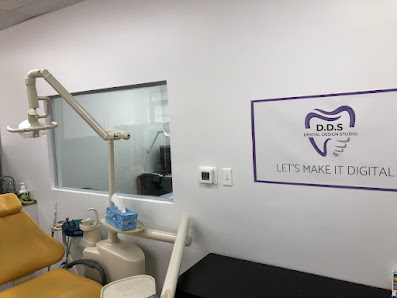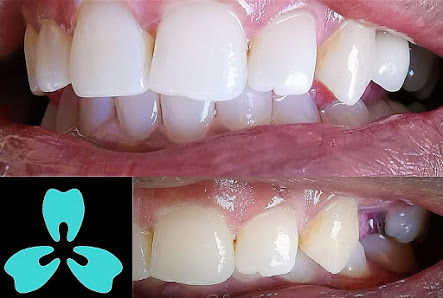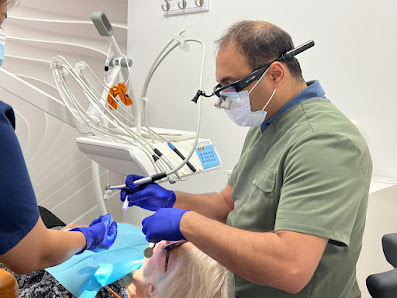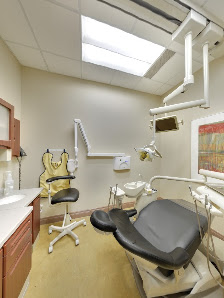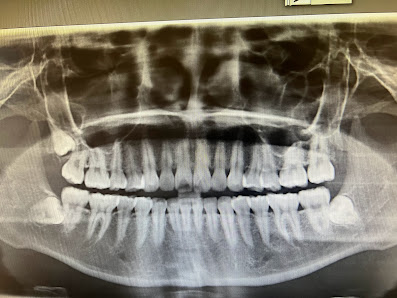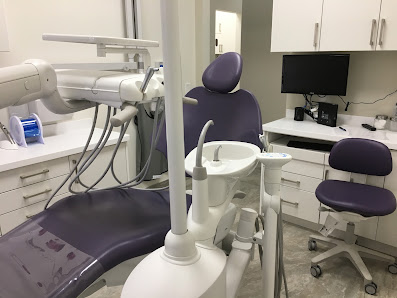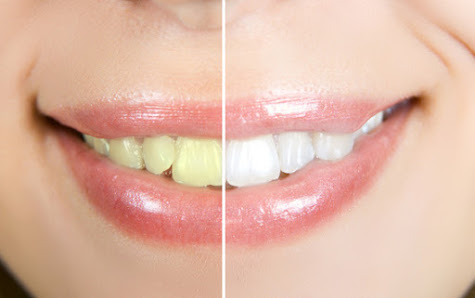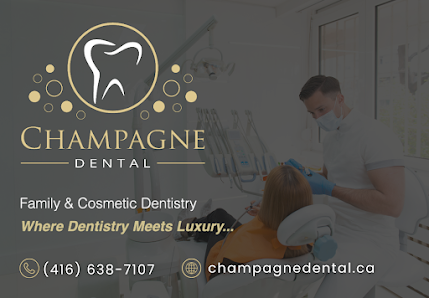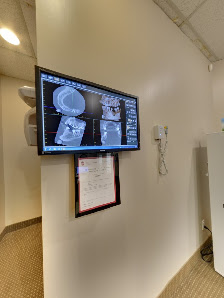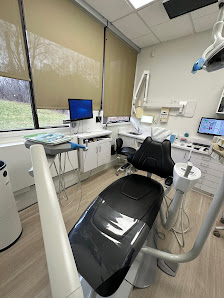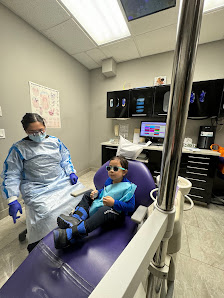Dental implants have revolutionized how we restore smiles, offering a durable and natural-looking solution to missing teeth. But with the variety of dental implant types available today, how do you know which is right for you? Moreover, it’s crucial to understand the potential side effects of dental implants to make an informed decision about your oral health.
Our website connects you with top-rated clinics that offer comprehensive dental implant services through the CDCP (Canadian Dental Care Plan) plan, ensuring you receive the best care possible. Whether you’re curious about different dental implant types or concerned about potential side effects, our platform provides all the information you need to make the best choice for your smile. Are you ready to explore the options and find a nearby clinic that fits your needs? Continue reading to discover more.
Understanding Dental Implants
Dental implants are artificial tooth roots, usually titanium, that provide a strong foundation for fixed or removable replacement teeth. They are designed to match your natural teeth and are an ideal option for people who have lost teeth due to decay, gum disease, or injury. The process involves placing the implant into the jawbone, where it fuses with the bone over time, providing a stable and permanent base for a crown or bridge.
Exploring Dental Implant Types
Several dental implant types are available, each suited to different needs and conditions. The most common types include:
- Endosteal Implants: These are the most common type surgically implanted directly into the jawbone.
- Subperiosteal Implants: These are placed under the gum but on or above the jawbone, making them ideal for patients who don’t have a healthy jawbone.
- Zygomatic Implants: A less common type, these are used when the jawbone lacks the structure to support traditional implants.
Choosing the correct type of dental implant depends on various factors, including your jawbone’s health and specific dental needs.
Potential Dental Implant Side Effects
While dental implants are generally safe and effective, they are not without potential side effects. Common issues include:
- Infection at the implant site: This can occur if the area is not adequately cared for after surgery.
- Nerve damage: In rare cases, the implant can be placed too close to a nerve, causing pain or numbness.
- Sinus problems: There’s a risk of sinus issues for upper jaw implants if the implant protrudes into the sinus cavity.
Understanding these risks helps you make an informed decision and take the necessary precautions during healing.
Finding the Best Dental Implants Near You
When searching for the best dental implants near you, it’s essential to consider the experience and reputation of the clinics available. Look for clinics offering a range of dental implant types with a proven track record of successful procedures. Additionally, clinics using the CDCP plan can provide comprehensive coverage and peace of mind throughout your treatment.
Whether you’re searching for dental implants in Edmonton, Mississauga, Ottawa, or Vancouver, our website, DentalNearYou.com, connects you with top-rated clinics in your area. Explore our listings to find the perfect clinic to restore your smile confidently.
Conclusion
Dental implants are a transformative solution for anyone looking to restore their smile and improve their oral health. By understanding the different dental implant types and being aware of potential side effects, you can make a well-informed decision that suits your needs. Whether you’re considering an endosteal, subperiosteal, or zygomatic implant, it’s essential to consult with a qualified professional to determine the best option for your dental situation.
As you navigate your options, remember that the success of your dental implant journey heavily depends on the experience and expertise of the clinic you choose. Our website provides a comprehensive directory of clinics offering top-quality dental implants, ensuring you find the best care near you.
Reflecting on this, it’s clear that dental implants offer a robust solution to tooth loss, but it’s crucial to approach this decision with all the necessary information. With the proper knowledge and guidance, your path to a perfect smile is within reach.
Frequently Asked Questions About
1. How long do dental implants last?
Dental implants can last a lifetime with proper care and maintenance, though the crown may need replacement every 15-20 years.
2. What is the success rate of dental implants?
The success rate of dental implants is generally 95-98%, making them a reliable option for tooth replacement.
3. Can dental implants fail?
Though rare, dental implants can fail due to infection, improper placement, or insufficient bone support.
4. How do I care for my dental implants?
Care for dental implants involves regular brushing, flossing, and dental check-ups to ensure longevity.
5. Are dental implants painful?
The procedure is usually done under anesthesia, so you shouldn’t feel pain during implantation, but some discomfort may occur afterward.
© All Rights Reserved. DNU























